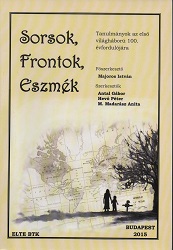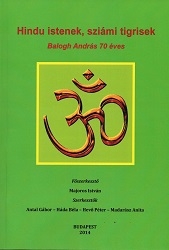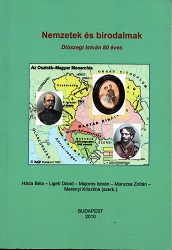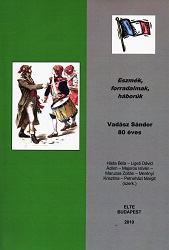
„Zeigen der Flagge.” II. Vilmos három hadihajója és Heinrich von Hohenzollern főherceg missziója 1914 tavaszán és nyarán Brazíliában, Uruguayban, Argentínában és Chilében
On the 15th of November 1913, Wilhelm II gave order to the two brand new and strongest dreadnought type warships of the German Navy, the SMS Kaiser, the flagship of the emperor, the SMS König Albert and the SMS Strassburg cruisers to navigate from the North Sea to visit the West-African German colonies, and to demonstrate the strength of the German Navy on South-American waters, visiting Brazilian, Argentinian, Uruguayan, and Chilean harbours. In the meantime, the same South-American countries were visited by Heinrich von Hohenzollern and his wife. Against the background of a very tense international atmosphere, the so-called „Detaschierte Division” was placed, during its special mission of 25.000 nautical miles and 6 months, under the command of the emperor himself. The most important aims set by the twofold special mission were to test the warship’s maximal war capacities and abilities with a view to preparing for war („Kriegsfall”); „war advertisment” to make the South-American Navies purchase German warships; to strengthen the German orientation of Argentina, Brazil, Chile and Uruguay while reducing the influence of the USA, Great-Britain and France in these countries; to strengthen the loyalty of German colonies towards the fatherland in remote countries. The German warships returned to Kiel on the 17th of June 1914. The paper is based on primary sources explored in German archives and marked as „secret” („Geheim”).
More...




